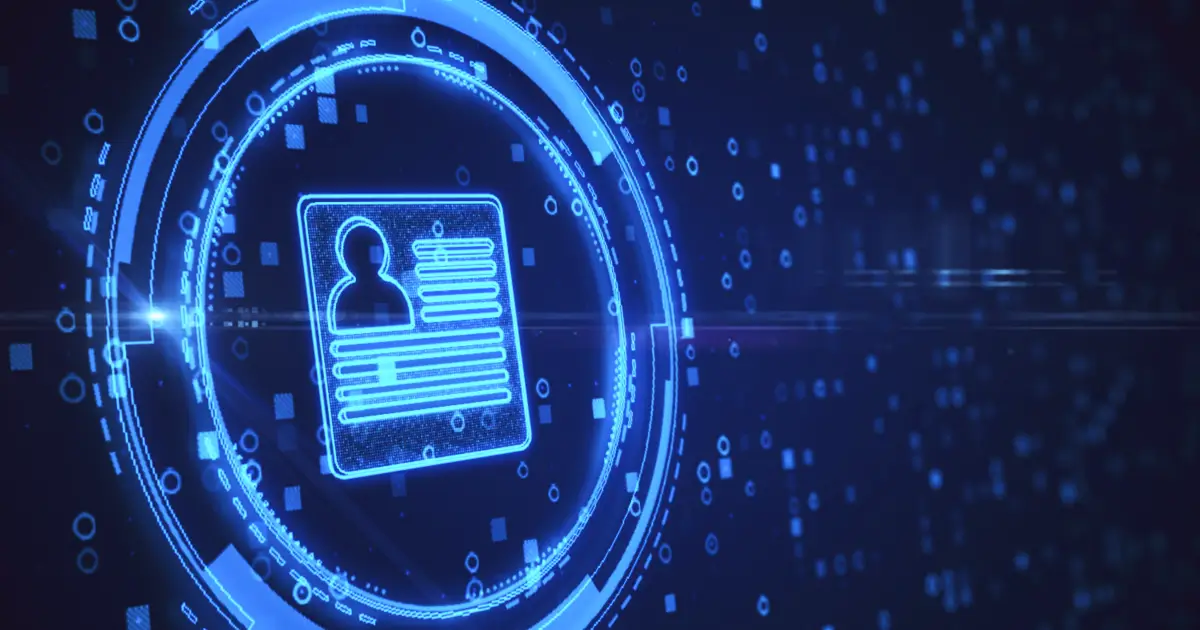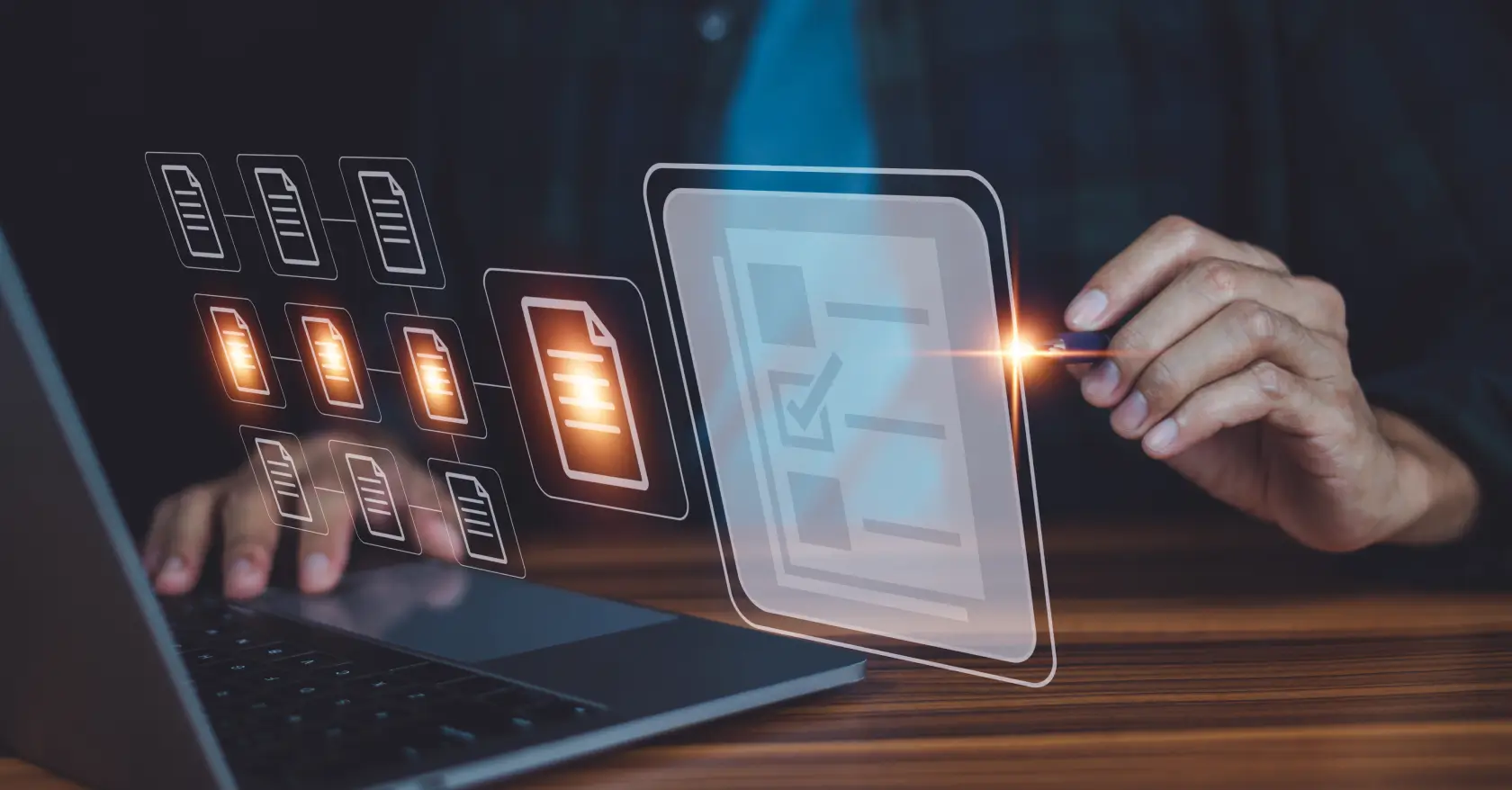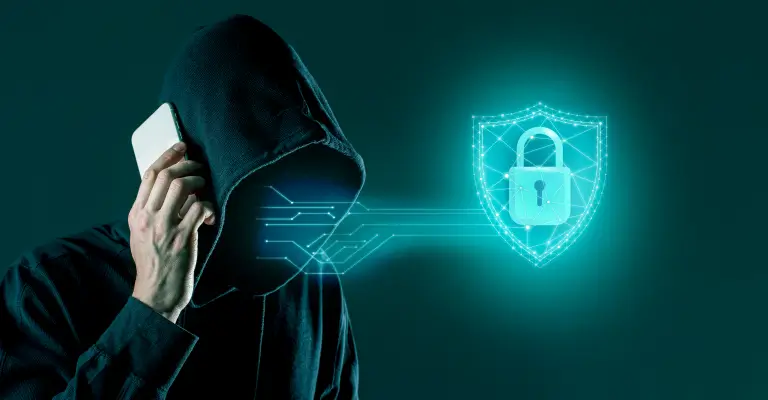Professional license verification is a critical process for businesses, especially those in industries where specific certifications are necessary for job functions. For example, IT companies need to ensure that candidates possess the claimed experience and certifications before hiring them. Similarly, organizations in other sectors, such as healthcare, education, and construction, must verify professional licenses to uphold quality and safety standards.
A notable case highlights the significance of this process: According to a report by the Department of Justice, approximately 7,600 fake nursing diplomas were issued by various nursing schools in Southern Florida. This led to over 2,000 uncertified nurses entering the workforce, compromising patient care and professional standards.
EveryCRED provides verifiable credentials (VCs) and decentralized identity solutions for professional license verification across various industries that ensure instant verification and tamper-proof information. Professional license verification ensures that businesses hire qualified candidates with valid certifications, reducing risks and maintaining compliance with industry regulations. Below, we’ll discuss why it matters and how your organization can implement it effectively.
What is Professional License Verification
Professional License Verification is the process of confirming that an individual holds a valid and active license to practice in their profession. This verification is crucial for ensuring that candidates meet the necessary qualifications and comply with legal requirements specific to their field. Let’s explore a detailed overview of what professional license verification entails, its importance, and how it is conducted.
Key Aspects of Professional License Verification
Professional license verification is a critical process that ensures individuals meet the requirements for regulated professions. It involves confirming an applicant’s professional credentials against records maintained by licensing boards or credential verification organizations. The key steps typically include:
- Verification of License Details: This involves validating the license number, issuance and expiration dates, and current license status (active, inactive, or expired).
- Checking for Disciplinary Actions: Ensuring there are no sanctions, violations, or disciplinary actions recorded against the professional certification.
- Cross-Jurisdictional Checks: Verifying licenses across multiple states or regions where the individual may have practised, ensuring compliance with licensing regulations.
Why is Professional License Verification Important?
Professional license verification ensures individuals hold valid licenses and credentials to practice in their fields. Let’s see why it’s important:
1. Ensures Legal Compliance
Employers avoid fines, lawsuits, and reputational damage by hiring licensed professionals, and meeting state and federal regulations.
2. Protects Reputation
Verifying licenses ensures only qualified individuals are hired, safeguarding the organization’s image and credibility.
3. Improves Work Quality
Licensed professionals meet required standards, delivering better performance and customer satisfaction.
4. Safeguards Clients
Verification ensures customers receive safe and reliable services from qualified professionals.
5. Reduces Fraud Risks
Identifies fake or expired licenses, preventing fraudulent hires.
6. Aids Better Hiring Decisions
Relies on verified credentials rather than self-reported information, ensuring qualified hires.
7. Minimizes Liability
Protects employers from lawsuits related to negligent hiring.
8. Supports Ongoing Compliance
Some services offer license monitoring, ensuring employees remain compliant throughout employment.
How to Conduct Professional License Verification
Conducting professional license verification effectively ensures that candidates or employees possess valid and up-to-date licenses. This is essential in regulated fields like healthcare, law, education, and engineering, where compliance and professional integrity are critical.
Steps for Professional License Verification
1. Determine the Need for Verification
Identify the specific licenses required for the role. Different industries have unique licensing requirements, so understanding these ensures accurate credential verification.
2. Gather Candidate Information
Collect key details to facilitate verification, such as:
- Full name
- Date of birth
- License number (if available)
- Type of license
- Issuing state or regulatory body
3. Choose a Verification Method
Decide between in-house verification or using a credential verification organization:
- In-House Verification: Directly check with state licensing boards or regulatory agencies. While cost-effective, this approach can be time-intensive and inconsistent due to varying state regulations.
- Professional License Verification Services: These services use license compliance software to streamline the process, of accessing official records efficiently. For instance, platforms like EveryCRED leverage established networks to ensure quick and reliable results, reducing manual effort.
4. Conduct the Verification
When using credentialing services:
- Submit candidate information through the provider’s online portal or API.
- The service cross-checks details with official databases maintained by licensing boards.
5. Review Results
Examine the verification report carefully. Key points to assess include:
- License status: Active, expired, or revoked.
- Disciplinary actions: Any restrictions or sanctions.
- Validity dates: Issuance and expiration dates.
6. Document Findings
Maintain records of verification results to demonstrate due diligence and compliance during audits or disputes.
7. Implement Ongoing Monitoring
For roles requiring continuous compliance, consider periodic re-verification. License compliance software often includes features for monitoring licenses throughout employment to ensure validity.
How Long Does It Take to Verify a License?
The time required for professional license verification varies based on factors such as the verification method and the licensing authority. Let’s take an overview of the typical durations:
- Instant Verification: Many license verification processes can be completed instantly, especially when using automated systems or license compliance software. For instance, platforms like EveryCRED often deliver results within seconds or up to 1–2 business days in most cases.
- Manual Verification: Conducting manual verification, such as directly contacting licensing boards or submitting record requests, may take significantly longer. This approach can extend from several days to weeks, depending on the licensing authority’s responsiveness and whether additional credential verification is required.
- Third-Party Services: Leveraging credentialing services or a credential verification organization can expedite the process. Many providers return results within hours by accessing extensive databases and collaborating with licensing agencies, ensuring both speed and accuracy.
How EveryCRED’s Professional Certificate/License Verification Works
EveryCRED’s professional license verification process is built on a robust system leveraging decentralized identity methods and blockchain technology to ensure credential authenticity and integrity. Let’s take an overview of how it works:
1. Credential Issuance and Ownership
EveryCRED issues verifiable credentials (VCs) through trusted entities. These credentials are linked to unique decentralized identifiers (DIDs), enabling individuals to securely claim and own their professional credentials.
2. Verification Process
The verification process involves rigorous checks to validate the credibility of professional licenses and certifications:
- Authenticity Checks: Ensures the credential was issued by a recognized authority, confirming it as a valid professional certification.
- Integrity Checks: Validates that the credential remains untampered, using hash verifications and blockchain records for accuracy.
- Issuer Validation: Verifies the legitimacy of the issuing organization, ensuring alignment with the credential’s data.
- Data Validation: Confirms key details, including issuance dates, expiration dates, and license identifiers, ensuring compliance with credential verification organization standards.
- Revocation Checks: Cross-checks credential revocation status through issuer-maintained lists, ensuring the license status remains active and compliant.
3. On-Chain and Off-Chain Verification
EveryCRED supports both on-chain and off-chain verification, providing flexibility for different scenarios:
- On-Chain Verification: Uses blockchain technology to store and verify credential data securely, ensuring immutability.
- Off-Chain Verification: Enables seamless verification in offline scenarios, ensuring that credential checks remain accessible and efficient regardless of connectivity.
4. Result Generation
After thorough compliance verification, EveryCRED produces a detailed report that highlights the verification outcomes, including any identified discrepancies or issues.
Read More: 14 Real-World Verifiable Credentials Use Cases & Applications
Why Choose EveryCRED for Professional License Verification?
EveryCRED’s Verifiable Credentials is the ultimate choice for professional license verification, offering a secure, scalable, and efficient solution powered by advanced blockchain technology and decentralized identifiers (DIDs). Its comprehensive capabilities include real-time license status updates, cross-jurisdictional verification, and monitoring of disciplinary actions, all customized to meet industry-specific compliance needs across sectors like healthcare, law, education, and finance. Contact us to book a free demo today.
Conclusion
Professional license verification is an essential step for businesses to ensure they are hiring qualified professionals with valid licenses who meet industry standards and legal requirements. Whether you’re in healthcare, law, education, or any other regulated sector, verifying licenses helps protect your organization, improve service quality, and reduce the risk of hiring unqualified professionals. Credential verification through advanced technologies like blockchain and decentralized identifiers ensures accuracy and trust. EveryCRED offers a secure, efficient solution for professional license verification, ensuring your business remains compliant and maintains its reputation.
If you’re looking for a reliable, fast, and scalable solution for credential verification, visit EveryCRED to learn how we can ensure license compliance for your verification process and ensure the integrity of your professional hires.
Also Read This: Digital Identity Verification: Use Cases, Benefits, Standards, and Their Regulatory Implications

 27th November, 2024
27th November, 2024 



